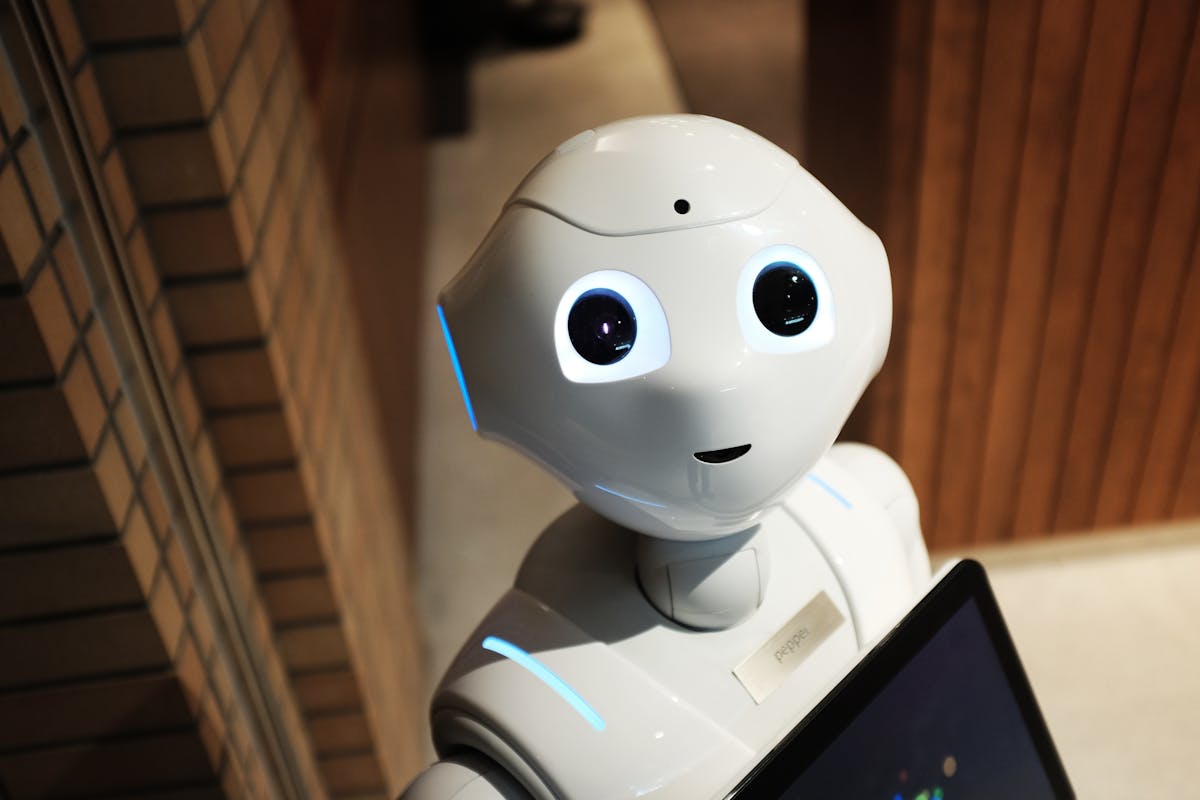
Will Artificial Intelligence Make Children Smarter
The question of whether artificial intelligence (AI) will make our children smarter is not mere speculation. It reflects current developments in cognitive science, education, and digital technology.
Intelligence is a complex and multidimensional construct shaped by both biological and external influences, including educational interventions and exposure to stimulating experiences, writes PsychologyToday.
To understand the potential role of AI in this context, we must first consider the Flynn Effect—the historical rise in IQ scores during the 20th century—and how AI could extend or even reverse this trend.
Understanding the Flynn Effect
The Flynn Effect, named after philosopher James R. Flynn who studied intelligence, describes the significant and lasting increase in IQ scores across generations during the 20th century. Research shows that children's intelligence scores steadily increased, especially in problem-solving and reasoning abilities, less so in acquired knowledge over time. Broader societal changes have made mental demands on new generations more complex.
These factors include better nutrition, access to education, urbanization, smaller families, and more complex environments. Technology, such as television, video games, and the internet, supports these advances by requiring higher levels of spatial-visual reasoning, working with symbolic systems, and abstract thinking. Thus, technology is already quietly enhancing intelligence.
How AI Positively Influences Intelligence
AI is not just another technological shift—it represents a paradigm change that can fundamentally reshape intellectual development. One of AI's strongest features is its ability to personalize learning. AI can tailor educational content to each child's pace, strengths, and interests.
Another advantage of AI is access to unlimited knowledge. With generative AI and natural language models, children can explore complex topics through conversational formats, encouraging deeper, curious learning. Asking a chatbot about a scientific concept, a math problem, or writing a poem facilitates self-initiated learning and creativity.
AI environments such as virtual laboratories and strategic games enable experiential learning where children apply reasoning, experimentation, and hypothesis testing. These digital activities develop cognitive flexibility, systems thinking, and planning skills. Perhaps most importantly, AI offers unique opportunities to support neurodivergent children. AI-based tools can be adapted for children with dyslexia, ADHD, or autism, providing alternative learning methods that traditional classrooms cannot. This could democratize cognitive development access for children previously neglected by the system.
Will AI Really Make Children Smarter
Despite its potential, AI's impact on cognitive development is not unilaterally positive. There are legitimate concerns about unintended consequences, including over-reliance on technology. If children become passive AI users rather than active problem-solvers, their critical thinking skills may stagnate or decline. The ease of obtaining answers through AI can diminish the importance of cognitive effort necessary for deeper learning and resilience development.
Another challenge is digital distraction. Devices that enable AI learning also provide access to social media, games, and constant notifications. All this can reduce attention spans, cause information overload, and weaken working memory. Research shows that overly stimulating environments can harm intellectual development.
There is also the issue of socio-emotional development. AI inherently lacks emotional intelligence. While it can simulate conversation, it cannot provide empathy, connection, or moral guidance. If children spend too much time with AI instead of people, their empathy, conflict resolution, and collaboration skills may suffer—all skills equally important as IQ.
The "Negative Flynn Effect" as a Warning
Adding complexity is the fact that the Flynn Effect is reversing in some parts of the world. Recent studies have recorded a decline in average IQ scores in several developed countries (Dutton, van der Linden, and Lynn, 2016). Possible causes include changes in education, more screen time, and less time spent reading or engaging in free play. The "Negative Flynn Effect" is a warning—if AI is used predominantly for passive consumption rather than exploration and creation, it could contribute to intellectual decline rather than progress.
Recommendations for Parents: The Key is Balance
Parents should adopt a thoughtful approach to AI use. It's important to choose quality tools—not every AI is educational.
Equally important is encouraging real human interaction. Conversations, joint problem-solving, and physical play help children develop socio-emotional intelligence that AI cannot replace. Human connection remains the foundation of healthy development.
It is also necessary to monitor AI usage. Healthy habits include limited screen time and balancing online and offline activities such as reading, nature outings, and free play. Children need to face challenges, not always seek instant solutions from AI.
Helping children recognize their learning styles, strengths, and challenges fosters intellectual agility throughout life. This metacognitive awareness is the foundation of adaptive intelligence in an AI-driven world.
Conclusion
The tools of the future will shape not only how our children learn but also how they think. AI has enormous potential to enhance intellectual development, but only if used wisely, respecting human values, relationships, and critical thinking. Intelligence is more than information—it is the thoughtful application of knowledge, curiosity for exploration, and empathy towards others. AI should be our children's ally, not their architect, writes Sam Goldstein, PhD, Clinical Director of the Center for Neurology, Learning, and Behavior, and faculty member at the University of Utah School of Medicine.





